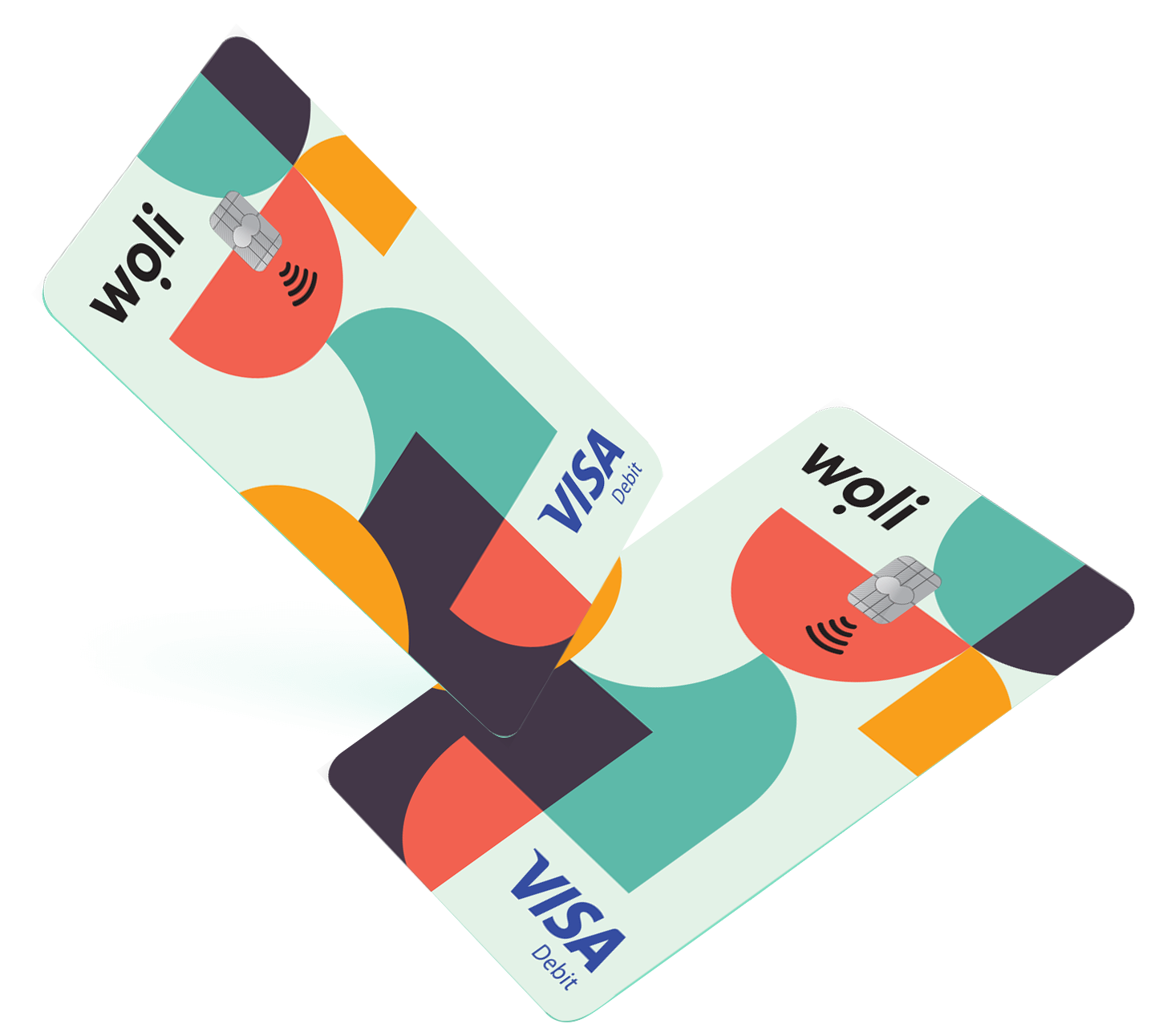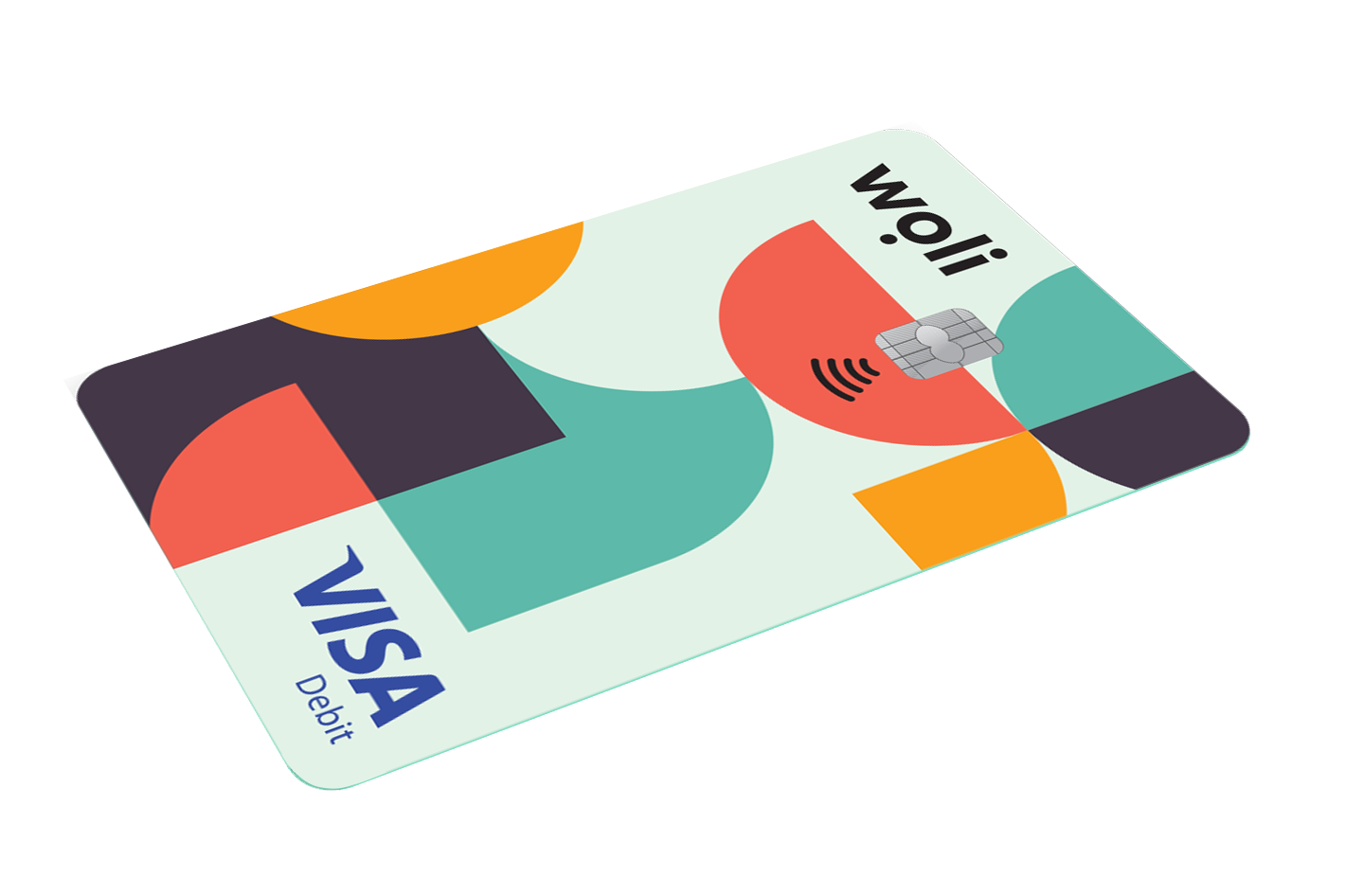Today marks a significant milestone for Athens as digital payments become universally available across the city’s public transportation network. This modern upgrade is set to improve the daily lives of millions, streamlining commutes and reinforcing Athens’ commitment to innovation and efficiency.
The introduction of digital payments not only aligns Athens with other forward-thinking global cities but also addresses long-standing challenges in the public transit system. Here’s a closer look at why this change matters and how it benefits the city and its people.
The Benefits of Digital Payments in Public Transportation
Public transportation is more than just a means of travel—it’s the backbone of sustainable, inclusive urban development. The shift to digital payments enhances its benefits, making it even more appealing for citizens and visitors alike.
1. Convenience and Accessibility
Digital payments eliminate the need for paper tickets, coins, or exact change. With just a smartphone, smartwatch, or contactless card, passengers can seamlessly pay for their rides. The ability to top up anytime online makes the system accessible even during peak hours or late at night.
2. Affordability and Savings
Public transit is one of the most cost-effective ways to travel, and digital systems can further reduce costs by offering personalized fare discounts, subscription passes, or rewards programs. These benefits encourage more people to leave their cars behind, saving money on fuel and parking while reducing the city’s carbon footprint.
3. Sustainability and Environmental Impact
Shifting to digital payments eliminates the reliance on paper tickets and reduces waste. Moreover, encouraging greater use of public transportation contributes to lower vehicle emissions, promoting cleaner air and a greener city.
4. Efficiency and Time-Saving
With faster boarding processes enabled by contactless payments, buses, trams, and trains can adhere more closely to their schedules, minimizing delays. Real-time payment integration also allows passengers to make quick decisions without worrying about ticket purchases.
5. Safety and Security
Carrying less cash reduces the risk of theft or loss for commuters. Digital systems also offer transparent transaction records, which can be invaluable for managing expenses or resolving disputes.
Woli: Empowering Teens in the Digital Era
Teenage commuters are among the key beneficiaries of this digital transformation, and Woli—a Visa debit card and app designed for kids and teens aged 8–18—is playing a pivotal role in helping them adapt.
With Woli, parents can fund their child’s card through an easy-to-use app, ensuring teens can pay for their public transportation independently. This system not only grants young users a sense of responsibility but also teaches them valuable financial management skills.
Woli’s platform ensures safe spending by allowing parents to set limits, monitor transactions, and even guide their children in budgeting for other expenses.
“Digital payments for transportation paired with Woli’s tools empower my kids to navigate the city while learning about financial responsibility” said Vasiliki M., a parent in Athens. “It’s a perfect combination of independence and guidance.”
Download the Woli app now on Android or iOS, follow the steps to add your child, and get 30 days FREE on the premium BASIC subscription plan and a FREE physical Woli card!






